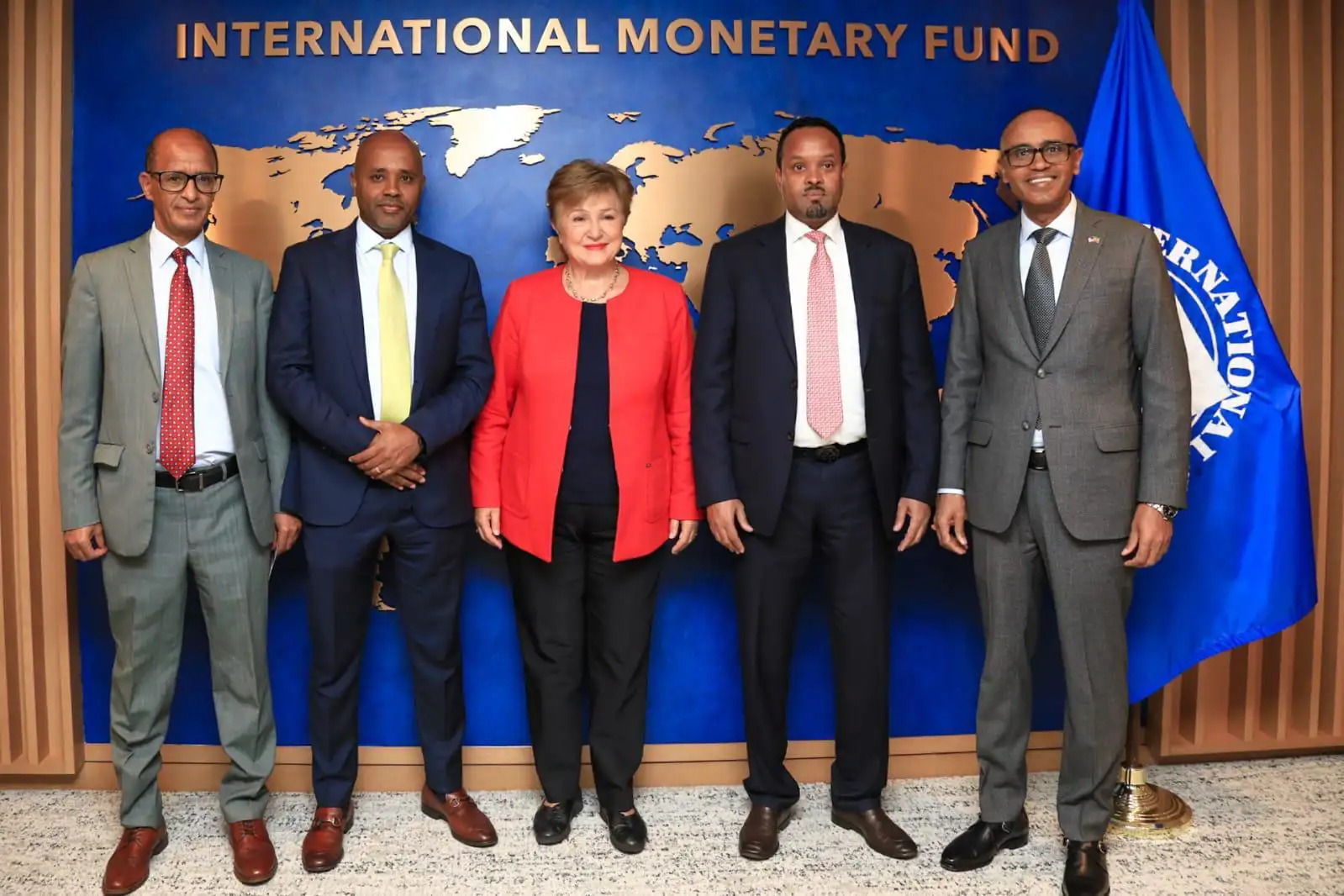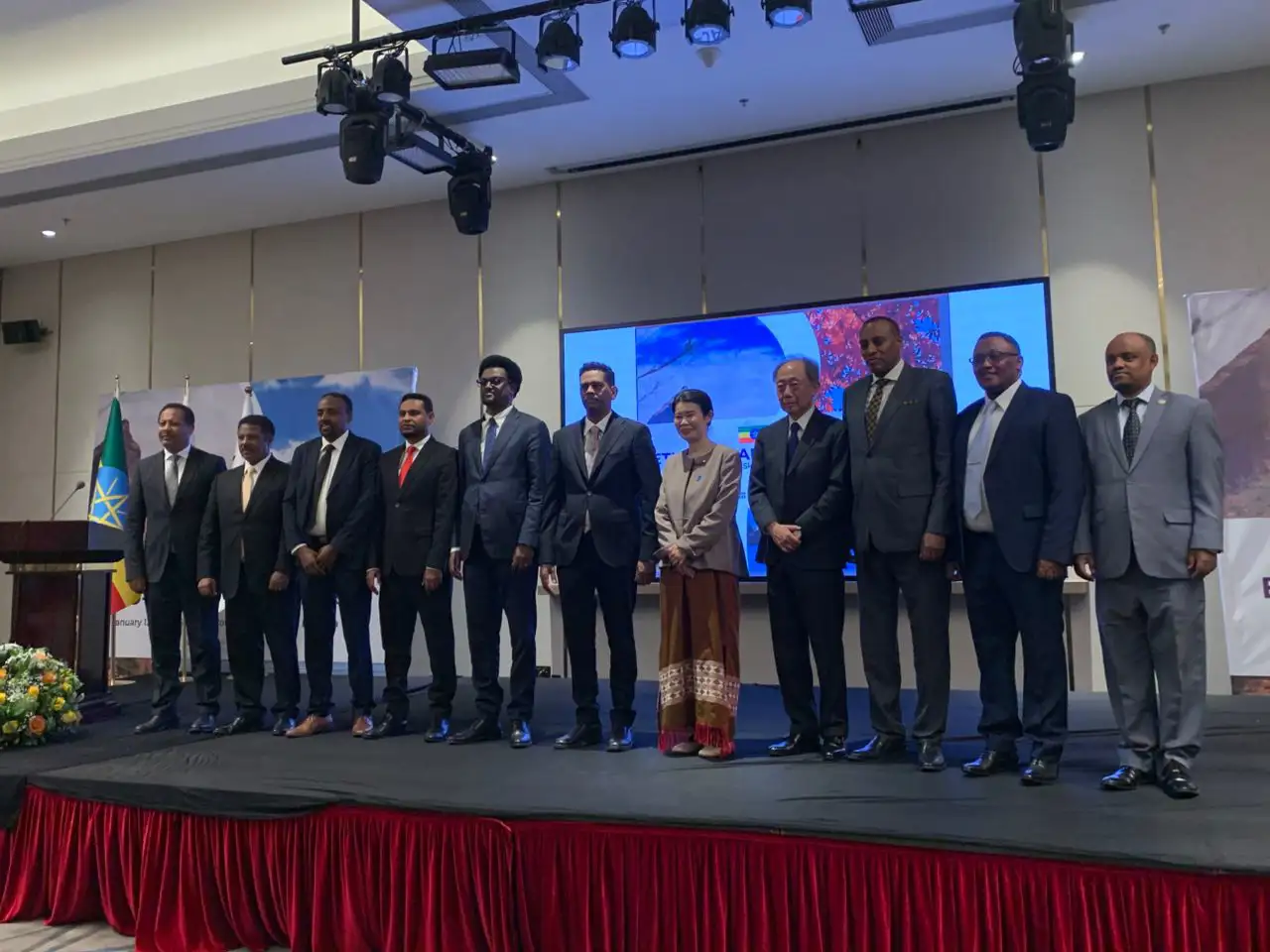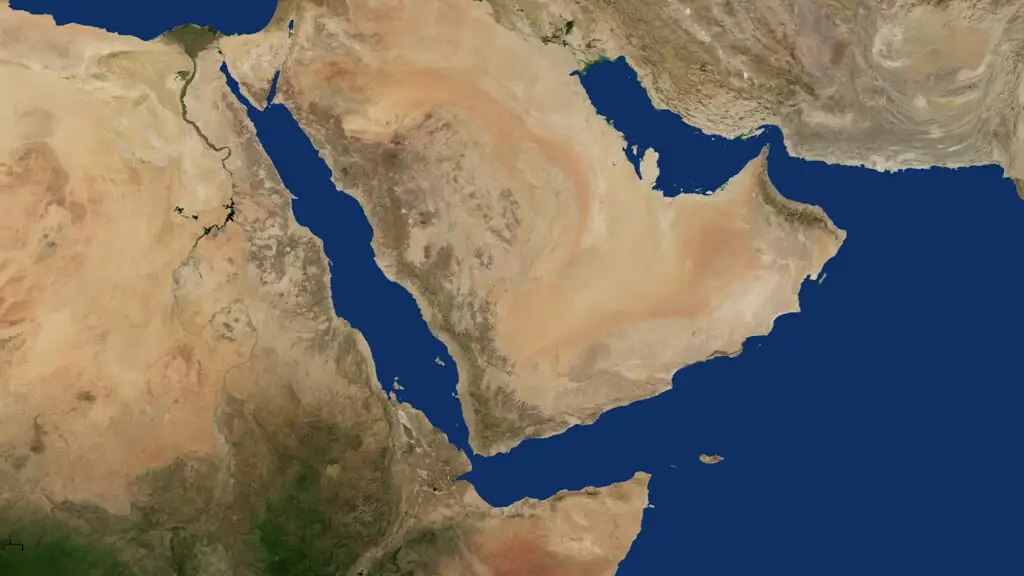Ethiopia's long-standing partnership with the International Monetary Fund (IMF) remains "instrumental" as the country pushes forward with a bold agenda of economic reforms aimed at stability and job creation, Finance Minister Ahmed Shide announced following high-level talks in Washington.
"Ethiopia highly values its long-standing partnership with the IMF," Minister Ahmed stated. "We are implementing bold reforms aimed at macroeconomic stability, job creation, and improving the livelihoods of our citizens. The IMF’s technical and financial support continues to be instrumental."
The Minister led a high-level delegation, including Dr. Eyob Tekalign, Governor of the National Bank of Ethiopia, and other senior officials, for discussions with Kristalina Georgieva, IMF Managing Director, and senior Africa Department management. The meeting centered on the progress of Ethiopia’s ongoing economic reforms and the future of cooperation.
Minister Ahmed conveyed Ethiopia's deep appreciation for the Fund's sustained support, emphasizing the government’s unwavering determination to strengthen fiscal management, enhance domestic resource mobilization, and accelerate critical structural reforms.
He briefed the Managing Director on Ethiopia’s positive economic outlook and the government’s expanded social spending, which forms a core part of broader social protection measures within the reform framework to shield the most vulnerable.
In outlining the key factors underpinning the success of Ethiopia's reform efforts, Minister Ahmed cited the strong ownership and commitment at the highest levels of government as foundational. He also highlighted the use of an inclusive approach to both decision-making and implementation across all government sectors.
Furthermore, the Minister stressed the importance of the careful sequencing and thorough preparation of reform measures, coupled with effective communication and protection mechanisms for the most vulnerable segments of the population.
He also acknowledged the critical role of strong and sustained backing from development partners, notably the IMF, the World Bank, and the Official Creditors Committee. The Minister also highlighted Ethiopia’s strong interest in accessing the Resilience and Sustainability Facility (RSF) to bolster its climate agenda, noting the country's exemplary national programs in green growth and climate resilience.
Providing a separate update, Governor Eyob Tekalign detailed the encouraging progress achieved in debt treatment discussions with bilateral and commercial creditors, stressing that continued IMF support is crucial to finalizing this process.
IMF Managing Director Georgieva, in turn, commended the Ethiopian authorities for the robust implementation of the IMF-supported reform program and acknowledged the notable achievements, including strong economic growth, declining inflation, and continued progress in opening up the economy. She encouraged the government to maintain the reform momentum and deepen private sector participation to realize Ethiopia’s full economic potential.
The Managing Director reaffirmed the IMF’s commitment to supporting Ethiopia’s economic transformation and debt sustainability efforts in close collaboration with development partners. Both sides concluded the meeting by pledging to strengthen cooperation further and will jointly assess progress during the Fourth Program Review, scheduled to commence at the end of October.




